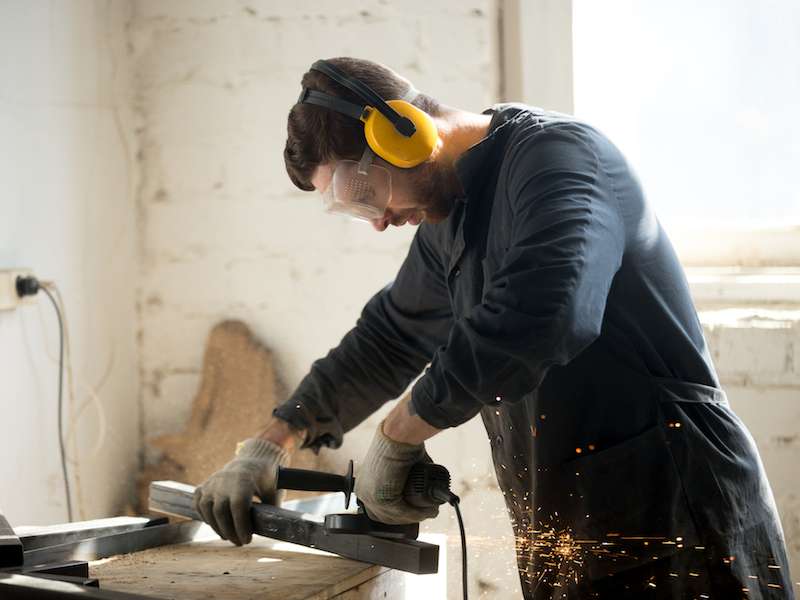
What hinders your hearing protection from working correctly? Watch for these three things.
Despite your best efforts, you can sometimes encounter things that can hinder your hearing protection, both at home and at the job. And that can be discouraging. You’re attempting to do the right thing after all. When you go to a show, you wear your earplugs; At work, you wear earmuffs every day; and you try to steer clear of Uncle Joe who is constantly yelling in your ear.
The point is, it can be kind of frustrating when you’re doing everything correctly and still there are difficulties. The good thing is that once you understand a few of these simple problems that can interfere with your hearing protection, you can prepare yourself better. And that can ensure that your ear protection works at peak efficiency even when there’s a bump in the road.
1. Wearing The Wrong Type of Ear Protection
There are two convenient and standard categories of hearing protection: earmuffs and earplugs. Earplugs are little and, as the name suggests, can be put straight into the ear canal. Earmuffs look like a pair of 70’s headphones, but instead of music, they provide protection for your ears by blocking external sound.
- When you’re in a setting where noise is fairly constant, earplugs are encouraged.
- Earmuffs are advised in circumstances where loud sounds are more irregular.
There’s an obvious explanation for that: when there’s no noise, you’ll want to remove you’re hearing protection which is harder to do with earplugs than earmuffs. Earplugs are incredibly easy to misplace (especially if they’re cheap and disposable anyway), so you don’t want to be in a position where you remove an earplug, misplace it, and then need it later.
You will be okay if you wear the proper protection in the right situation.
2. Your Hearing Protection Can be Impacted by Your Anatomy
There are many differences in human anatomy from one individual to another. That’s why your Uncle Joe has such a large set of vocal cords and your vocal cords are more normal sized. That’s also why you might have a smaller than average ear canal.
This can cause issues with your ear protection. Disposable hearing protection is often a one size fits all mindset, or at best, a small, medium, large scenario. And so if you have especially tiny ear canals, you may have a tough time getting those earplugs to fit, causing you to give up completely and in frustration, throw them away..
If you find yourself in this situation, you may turn away from the hearing protection you were attempting to give yourself, leaving you at risk of hearing damage. The same thing can occur if, for instance, your ears are a bit larger, making earmuff style protectors awkward. If you’re in a noisy setting regularly, it may be worth investing in custom ear protection personalized to your ears.
3. Assess if There’s Any Wear And Tear on Your Hearing Protection
You should be commended if you manage to wear your hearing protection regularly. But day-to-day use will lead to wear and tear to your hearing protection which you need to keep close track of.
- Wash your hearing protection. Ears aren’t exactly the cleanest part of your body (ear wax serves a good purpose and all, but it’s still kind of… gross). Be certain you wash your hearing protection completely by taking them apart before you cleanse them. If you’re rinsing earplugs, don’t drop them into the drain.
- Examine the band on earmuff protection. The band will need to be replaced if the elastic is worn out and no longer holds the earmuffs tight.
- Replace cushions on earmuffs every now and then (typically, when those cushions are no longer pliable, they’re ready to be replaced).
If you want to get optimum benefit, you need to perform routine maintenance on your hearing protection. If you have any questions or how to do that, or how to ensure you’re ready for things that can mess with your hearing protection, it’s a smart idea to have a candid discussion with a highly qualified hearing professional.
Your hearing is vital. Taking the time to protect it right is essential.